
Some people thrive on change; others will do all they can to resist it.
One of life’s constants is change. Ready or not, it happens. We grow. We age. Technology reinvents itself every day. Some relish change; others resist. We like it best on our terms, but we don’t always have that option. Sometimes all we can do is cope with it.
Change is not always a good thing. It may force us out of tired habits and impose better ones upon us, but it can also be stressful, costly, and even destructive. Change may trigger thoughts, bodily responses, and behavior that we find deeply uncomfortable or painful.
Change for the sake of change is a risk—the grass isn’t always greener over there. The relentless pursuit for “better” can sometimes leave us bitter, regretting changes we didn’t need to make.
But change can also be a great thing. It’s also often hard, because the status quo may be much more comfortable, but to succeed in business you must run toward change. This is the fastest-changing communications and technology landscape we’ve ever been in. Without a doubt, change makes you more flexible and adaptable. You learn to embrace chaos in a way that seems foreign but acceptable and achievable.
What’s important about change is how we anticipate it and, most importantly, how we react to it. The beauty of change is that it can teach us to adapt and develop resilience, but only if we understand our own capacity for growth and learning. When change makes us better, it’s because we have learned how to turn a challenging situation to our own advantage, not merely because change happens.
Try to think of change as something that gets you out of your rut. By embracing change and meeting it head-on with excitement, you can learn not to be so set in your ways—which can help you maintain a more positive attitude.
Reacting to change often involves reevaluating your belief system. Alternatively, change may simply reinforce your trust in the belief system you already have. Either way, you become stronger.
Without being forced to accept changes, you might never learn the true measure of your own strength, including your ability to adapt in new and often interesting ways.
When you become “too comfortable” in your own situation, it can be much more difficult to understand what others might be going through. Change reminds you to be kind when you’re considering the choices other people may make.
Some routines, like brushing your teeth, are good to maintain. But other routines can leave you in a rut and possibly even contribute to depression and stress. By breaking up your routine, change keeps your mind active and refocuses your thoughts, so your mind stays active and doesn’t become fixated on negative thought patterns.
By altering the way you live your life, even in a small way, change can present opportunities that can have a domino effect, providing you with more choices than you ever dreamed possible so you can create a more fulfilling and authentic life.
What Rob Siltanen, a creator behind Apple’s “Think Different” campaign, said could not be truer:
“Here’s to the crazy ones. The misfits. The rebels. The troublemakers. The round pegs in the square holes. The ones who see things differently. They’re not fond of rules. And they have no respect for the status quo. You can quote them, disagree with them, glorify, or vilify them. About the only thing you can’t do is ignore them. Because they change things. They push the human race forward. And while some may see them as the crazy ones, we see genius. Because the people who are crazy enough to think they can change the world are the ones who do.”






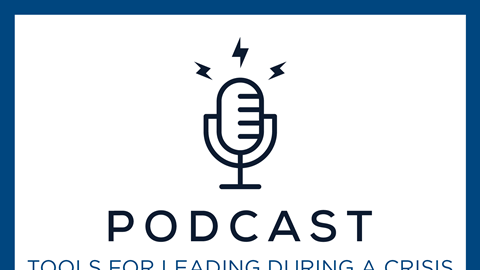
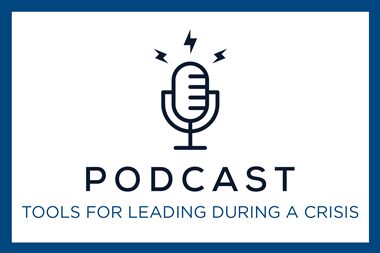
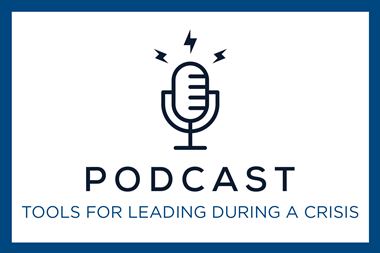
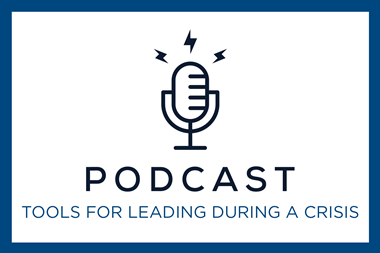
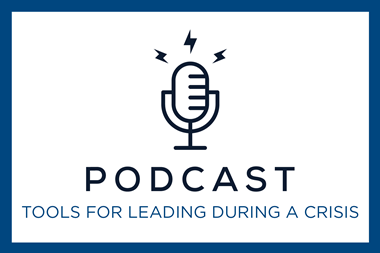
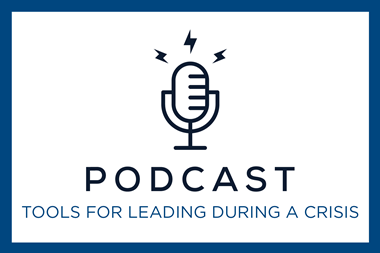




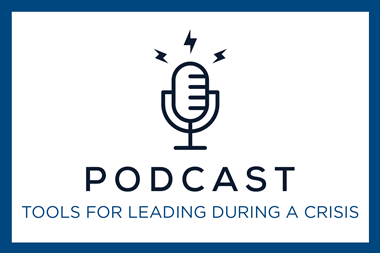



No comments yet